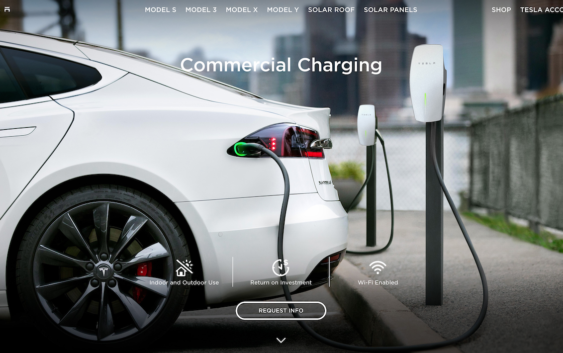- Slot Machines: Spinning Luck into Excitement
- The Fascinating World of Slot Games: History, Evolution, and Modern Trends
- Slot Games: From Mechanical Reels to Digital Entertainment Powerhouses
- Slot Games: History, Evolution, and the Thrill of Chance
- The Fascinating World of Slot Games: History, Evolution, and Modern Appeal
Things To Expect From an Workplace EV Charging

You’ve heard the “buzz,” but what can you really expect from an Workplace EV Charging station? Are you are seriously considering making the switch to an electric vehicle, but aren’t sure what to expect? How much time and money will it cost? Are there any other pieces of information that you need before you make the jump to an EV? These cars are wonderful alternatives to traditional gas-guzzlers, so take a look below for more information.
1. You can find an electric car charging station using websites and apps. As alternatives to gasoline-fueled cars become increasingly popular, more and more stations are popping up around the country and around the world.
2. There are three different types of cost plans for public stations: pay-as-you go, membership only, or free. Of course, these options are largely self-explanatory. If you travel often and to new locations, it might make sense to stock up on membership cards in order to be prepared for whatever you might find. However, some membership stations will allow you to pay per charge, though it will likely be more expensive. The free stations are often found on college campuses, though you may be required to pay a parking fee while you charge.
3. A normal membership fee is about $20 per month, and there may or may not be an activation fee. These are becoming more common than pay-as-you-go stations, which can cost around $3.50 per hour. Again, free stations, where you only pay the parking fee, are also becoming more common.
4. At a typical 120-volt electric car charging station, it takes about 10 hours to completely charge the battery of a hybrid and about 20 hours for a fully electric vehicle. Using a 240-volt station, it only takes about four hours for a hybrid and eight hours for an EV. Of course, if you don’t let the battery run too low, you won’t need to spend as much time at the station.
